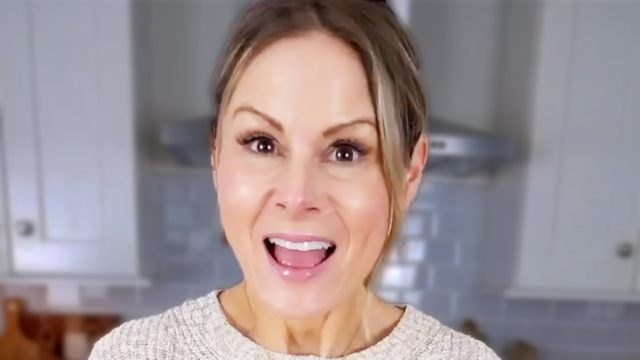The 5 Most Overlooked Proteins That Help with Weight Loss
Looking to increase your protein intake but tired of complicated meal prep? Whether you're focused on health, wellness, or weight loss goals, getting enough protein can feel challenging – especially after 40. As a certified weight loss coach and founder of Clean & Delicious, Dani Spies shares her expertise in creating simple, sustainable eating habits that stick. Here are her top protein-rich foods and creative ways to enjoy them.
Make Cottage Cheese Your New Go-To Protein Source
"One cup of cottage cheese packs nearly 30 grams of protein," says Dani in her post. She recommends keeping it simple with fresh fruit and nuts or going savory with tomatoes, cucumbers, and everything bagel seasoning. Get creative by using cottage cheese in pancakes, quiches, or even pasta dishes for a protein boost. "One of the most popular recipes on my Clean and Delicious website is my cottage cheese and vegetable egg bake," Dani shares.
RELATED: New Jersey Woman Drops 31 Pounds by Walking and Making a Key Food Change
Transform Your Meals with Eggs and Egg Whites
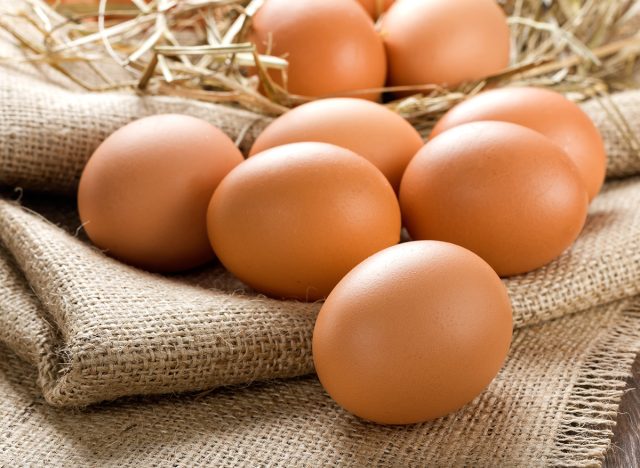
Dani highlights eggs' versatility: "One whole egg has six grams of protein, plus healthy fats from the yolk." She suggests meal-prepping hard-boiled eggs for grab-and-go protein. For higher protein content, add egg whites to oatmeal for a fluffy texture or create protein-rich French toast. "When you add egg whites to your morning oats, you will get the richest, fluffiest, most delicious morning oats ever," she explains.
Stock Up on Canned Fish for Quick Protein
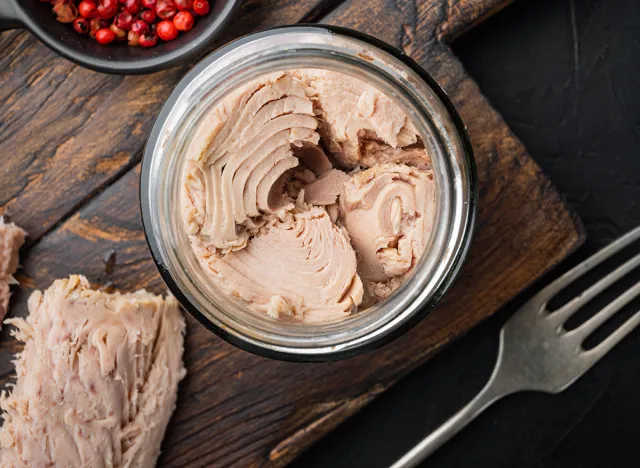
"Canned salmon, mackerel, sardines, and tuna are rich in protein and omega fatty acids," Dani explains. She recommends building quick rice bowls with jarred mackerel or making salmon burgers. For beginners, try sardines on toast with arugula and olive oil. "I love to just toast up a piece of whole grain toast, drizzle that with a little bit of olive oil, and layer it with arugula. Then I put the sardines over the top with some raw onion."
Use Greek Yogurt as Your Protein-Rich Kitchen Staple
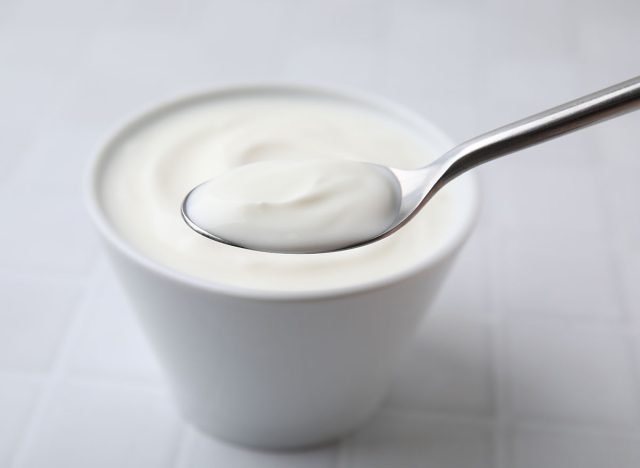
According to Dani, "One cup of low-fat Greek yogurt contains 23 grams of protein." Mix in protein powder and berries for a dessert-like treat, or use it as a high-protein base for dressings and dips. "You can swap some or all of the mayo with Greek yogurt. This is going to create a lower fat, higher protein dish," she notes. It's perfect for overnight oats, chia pudding, or as a mayo substitute in tuna salad.
RELATED: A Top Trainer Reveals 4 Fat Loss Mistakes You Need to Stop Making Right Now
Make Ground Bison Your Weeknight Protein Solution
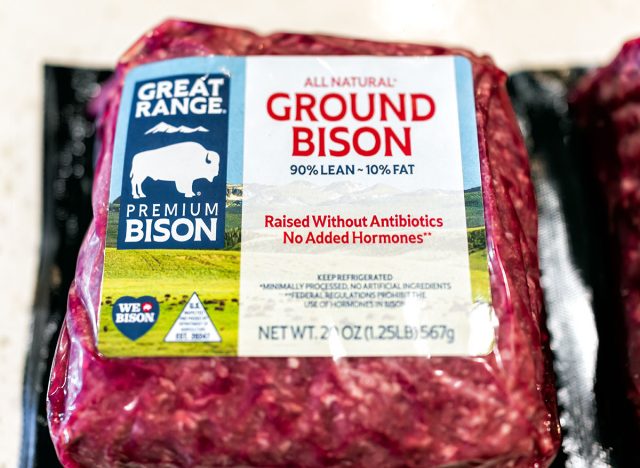
"Four ounces of ground bison provides nearly 30 grams of protein," Dani notes. She recommends sautéing it with olive oil, salt, pepper, and garlic powder for a 10-minute protein prep. "Once it's cooked through, which takes 10 minutes max, I have it ready to go as a high protein headstart ingredient for the week," she shares. Store in an airtight container and build quick bowls with rice, roasted vegetables, and avocado throughout the week.
Simple Tips for Protein Success
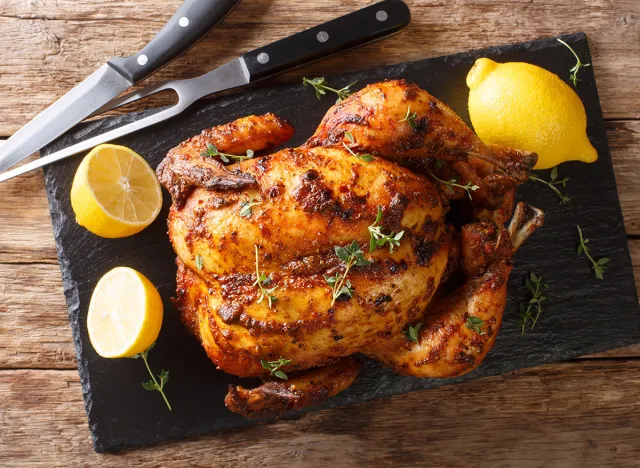
Dani underlines that consistency matters more than perfection: "Remember, you don't always have to hit the target. The goal is to continuously move in the direction of and always look for what's working and celebrate those small wins." She suggests keeping pre-made protein options ready for busy days and experimenting with different combinations to find what works best for your lifestyle.
The Science Behind Protein Needs
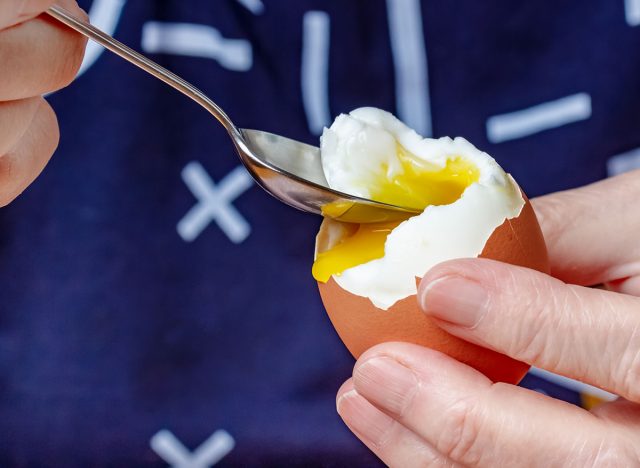
According to WebMD, "Protein is especially crucial when the body is growing or has extra work to do, such as during childhood, teen years, pregnancy, and breastfeeding." The National Academy of Medicine recommends that adults get about 0.8 grams of protein per kilogram of body weight daily. For a 150-pound adult, that's about 54 grams of protein per day.
Why Protein Matters After 40
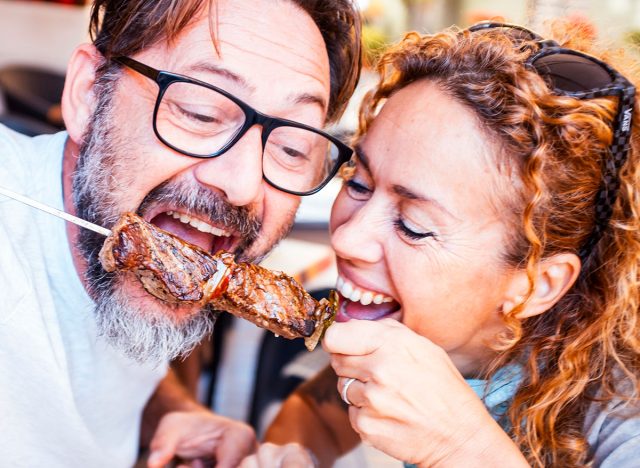
"As we age, getting enough protein becomes more important," WebMD explains. "That's because we lose muscle naturally, starting in our 30s and speeding up each decade after that." This loss of muscle and strength, called sarcopenia, can increase your risk of frailty and falls. "Eating enough protein is one way to slow down muscle loss. It also can keep your bones stronger."
RELATED: These 8 Common Salad Mistakes Leave You Starving an Hour Later
Choosing the Right Protein Sources
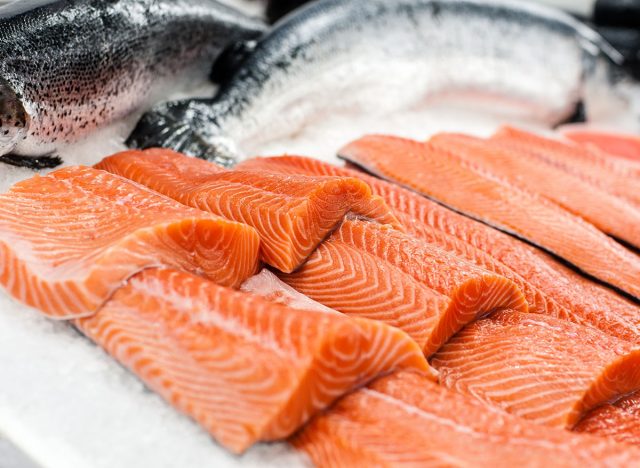
WebMD highlights that the source of your protein matters: "To get more omega-3s, you might choose salmon, tuna, walnuts, or eggs fortified with omega-3s. To get more fiber, look to beans, nuts, legumes, and high-protein vegetables like broccoli and Brussels sprouts." They also note that "If you're watching your weight, try including protein with every meal. It will help you feel full longer." And if you enjoyed this article, take advantage of these 15 Quick Ways to Lose Body Fat Percentage in a Week.
